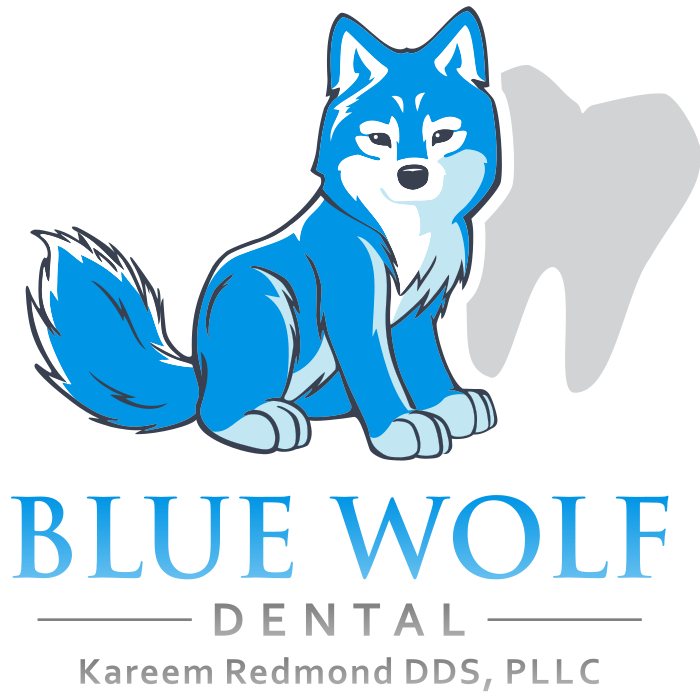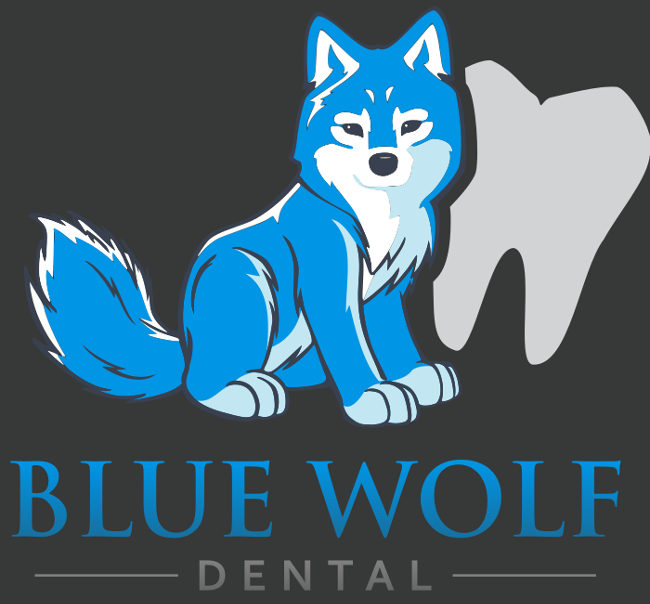Frequently Asked Questions (FAQs)
Q: What insurance plans do you accept?
A: We accept all insurances, but are currently in-network with only Delta Dental, Cigna Dental, Blue Cross Blue Shield of NC, and DeCare Dental insurance plans. If you don’t see your insurance provider on our list, please call our office to find out the financing options we may be available to you.
Q: Will insurance cover my treatment?
A: Navigating your dental insurance coverage can be a complicated matter. Our staff will do whatever we can to help you understand and maximize your plans benefits. Since all insurance companies differ, as do individual plans, we won’t know for sure whether your insurance will cover treatment until we take a look at your policy.
Q: What payment options are available?
A: We accept payment by cash, check, credit and debit cards (VISA, MasterCard, Discover, and American Express), and third party financing through Care Credit. Our financing options through Care Credit allows patients to break the cost of their treatment into smaller monthly payments. The application process is easy and our team is glad to help you in any way we can. If you have any questions about financing your treatment, please just give us a call.
Q: How long is the first appointment?
A: It may vary, but generally speaking, the first appointment will be one hour. Our dental team will use this time to check the overall state of your oral health or address a specific urgent dental need. Then a dentist will provide recommendations on any further dental procedures you might need. Patients seeking to have their teeth cleaned at their new patient visits will be scheduled for additional time for their cleaning.
Q: I just want to get me teeth cleaned. Do I have to get an exam by the dentist?
A: Yes. Here at Blue Wolf Dental we strive to give all of our patients high quality dental care tailored to their specific needs. The dental exam is where we determined the state of your teeth, gums, and periodontal health. This information is used by the dentist to determine which of the several types of dental cleanings available is indicated for you. Sometimes we find that the type of cleaning a patient needs to maintain their oral health and teeth is not the traditional cleaning covered best by insurance plans.
Q: Do you see children?
A: Yes, the team here at Blue Wolf Dental loves taking care of children. We take pride in being able to provide care for almost all children here at our office. In the rare occasions we are not able to provide a child’s care, we will work with the parents to make sure the child gets the dental treatment they need.
Q: At what age should I start taking my child to see the dentist?
A: The American Academy of Pediatric Dentistry (AAPD) recommends that children should have their first dental visit by age one or within six months of their first tooth erupting. Primary teeth typically begin growing in around 6 months of age. It is important to establish good oral care for children as primary teeth are less resistant to decay than the adult teeth that will replace them.
Q: I need to have my wisdom teeth removed. Do you do that?
A: Here at Blue Wolf Dental we are able to remove most wisdom teeth. We even can offer sedation to make the procedure more comfortable. Call our team today for a consultation about having your troublesome wisdom teeth removed.
Q: Do you offer sedation dentistry?
A: Yes. Anxiety can be a significant barrier to care for many patients. Here at Blue Wolf Dental we are proud to say we are one of the few dental offices in the area where all sedation options are available to patients (nitrous oxide, oral sedation, and I.V. sedation). Schedule an appointment today so that our team can review all of the options available to make your next dental appointment more comfortable.
Q: Why is visiting the dentist so important?
A: Visiting the dentist on a regular basis will not only help keep your teeth and oral health intact, but can help keep the rest of your body healthy.
Dental care is important because it:
- Combats teeth decay that can lead to pain and even infection
- Helps to prevent diagnosis, prevent, and treat periodontal (gum) diseases that can eventually can lead to tooth loss
- Prevents bad breath by eliminate the bacteria that cause unpleasant mouth odor causes a bad smell
- Awards you with a bright, white smile and a new breath of confidence!
- Helps keep teeth shiny by removing stains from food, drinks, and cigarettes.
Q: My teeth feel fine; do I still need to see a dentist?
A: Many people think that if there teeth feel fine then their oral health is not at risk. The truth is that only a professional dentist can detect dental problems in their early stages. Dental caries (cavities), food staining, gums disease, and weakening teeth are just a few issues that can go unnoticed for quite a while. Once a patient starts noticing these issues, they have often progressed to a point where extensive treatment to fix the problem is needed and in some cases the symptomatic tooth can not be saved.
Q: How can I take care of my teeth in between dental checkups?
A: Good oral hygiene between dental checkups is an important part of maintaining your oral health. We have highlight some things you can do to take care of your teeth.
- Do not forget to brush your teeth, at least, two times a day for 2 minutes each time.
- Floss at least once a day!
- Don’t have anything to eat or drink (except water) after brushing your teeth before bed. If you do, brush your teeth again before you get in the bed. Making sure teeth are clean while we are sleeping is particularly important because many of the natural defenses for the teeth dramatically decrease while we are sleeping.
- Use a fluoride containing toothpaste. Ask your dentist if you also might need a fluoride rinse that can help prevent any cavities in the future.
- Avoid sugary drinks, foods and cigarettes as much as possible. Frequent exposure to these substances throughout the day can lead to cavities (dental caries) and stains on teeth.
- When brushing your teeth, make sure you brush your tongue as well! Brushing your tongue will remove food particles and reduce the amount of mouth bacteria that can cause bad breath.
- Be sure to schedule your regular, routine check-ups. It is recommended to check your teeth at least twice a year. For some patients cleaning and exams more than twice yearly may be indicated.
Q: When should I change my toothbrush?
A: It is highly recommended to change your toothbrush every three to four months. You may need to change your toothbrush sooner if the bristles become frayed or you are just getting over an illness.

